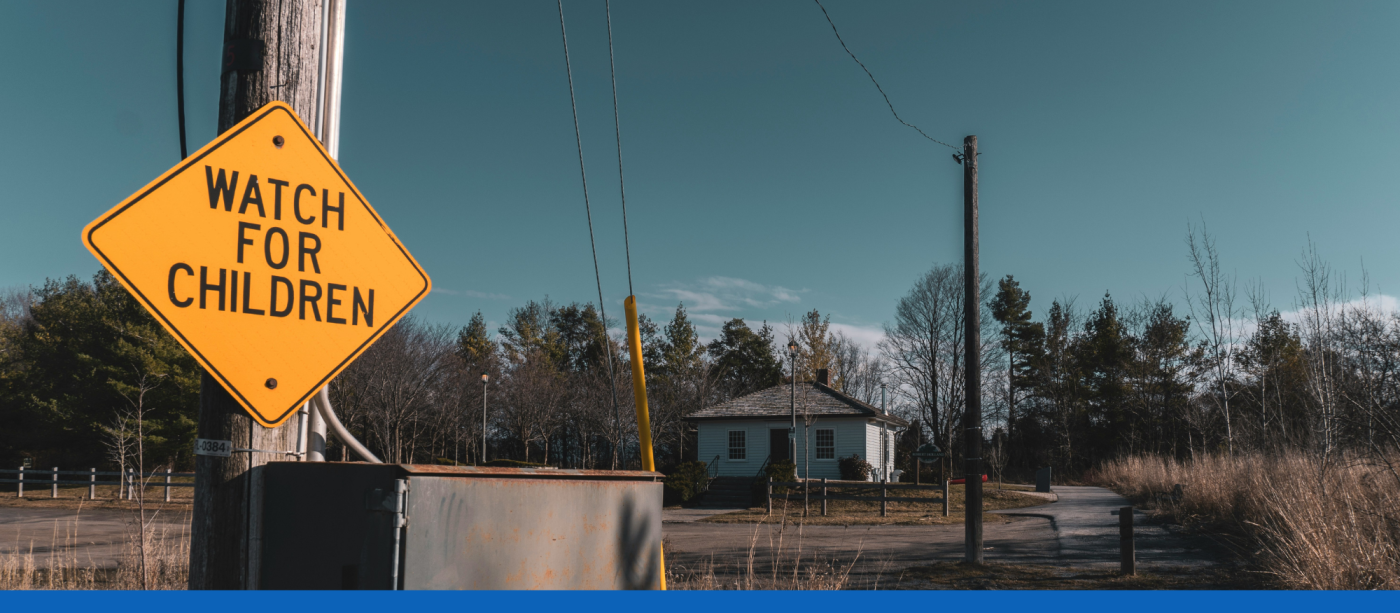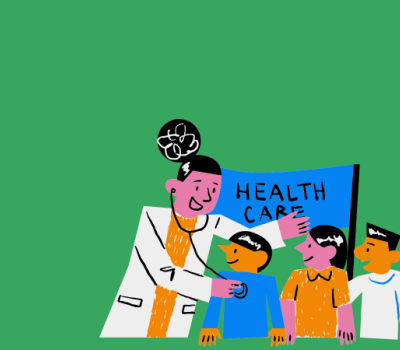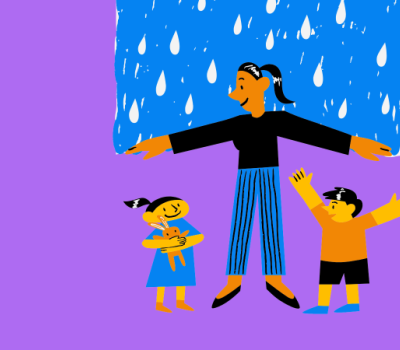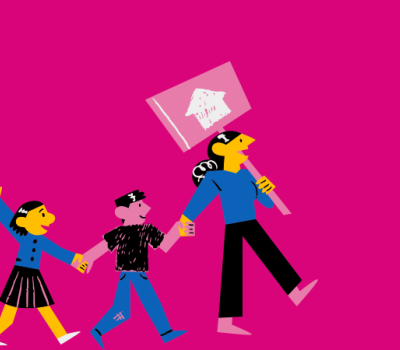Reality vs. Rhetoric
As Utahns, we claim to value bold ideas and practical solutions. We believe in responsible budgets — but not at the expense of our children’s futures.
The new Federal Reconciliation Bill of 2025—dubbed the “One Big Beautiful Bill”—might sell itself as a tax cut booster, but the reality is stark: it includes devastating cuts to Medicaid, SNAP, CHIP, EITC, and more.
The result? Utah families, especially low-income households and young children, pay the steepest price.
Medicaid & CHIP
The bill slashes over $860 billion from Medicaid and CHIP over the next decade, jeopardizing services for Utah’s 175,000 enrolled children, who represent 46% of all beneficiaries in our state.
These cuts reintroduce bureaucratic hurdles—more frequent eligibility checks, waiting periods, coverage caps, and lock-outs—that scramble continuity of care in crucial early childhood years.
Utah children who rely on Medicaid/CHIP for well-child care, immunizations, developmental screenings, or dental visits will face interruptions that hurt long-term outcomes.
That’s no rhetoric—it’s a reality of policy.
SNAP Work Rules
The legislation imposes new SNAP requirements—80 hours of work per month for adults 18–64, along with stricter state error-cost provisions. USDA research shows that work mandates often freeze out vulnerable families in moments of illness, caregiving, or short-term unemployment.
The result? More children in Utah go to bed underserved and hungry.
EITC & Child Tax Credit
Earned Income Tax Credit (EITC) recipients in Utah already miss out on benefits due to filing complexity. The new plan mandates “pre-certification” of claimed children—one more bureaucratic hoop that will deter hard-working families.
The announced increase in the child tax credit might sound uplifting, but low-income families often still don’t qualify for the full benefit due to phase-in limitations.
Researchers have found that EITC improves prenatal health, reduces food insecurity, and supports child development. However, these bill changes cross the line from “reform” to sabotage.
Who Wins? Not Utah’s Families.
Proponents tout permanent tax cuts and new “baby savings accounts,” but the Congressional Budget Office calculates the bill will cost $2.4 to $2.8 trillion and leave 10.9 million Americans uninsured. Here’s the catch: 72% of tax benefits will flow to the top 20% of earners.
Utah's investment in kids? Pared down.
Wealth transfer to the wealthy? Very real.
Our Children Deserve Better.
What’s Next? Utah can, and must act.
Rhetoric pitches efficiency, fiscal health, and opportunity. But policy delivers red tape, abrupt benefit loss, and a weakened safety net. That is not what Utah families deserve or what our children need to thrive.
The state legislature must explore options for proactive outreach, like simplified eligibility systems, sliding fee scales, or state-level assistance backstops.
Most importantly, decision-makers must remember that every dollar cut from Medicaid or SNAP savings is a dollar taken from a child’s health, nutrition, or educational potential.
This bill’s promise of prosperity fades under scrutiny. It dismantles child protections, burdens families with red tape, and deepens health disparities. For Utah’s children, there is nothing beautiful about it.
Let’s stand together, not behind rhetoric, but behind our kids. Utah can choose solutions that support all families.
Please contact your State Legislator and demand reasonable policy solutions, not useless rhetoric!












